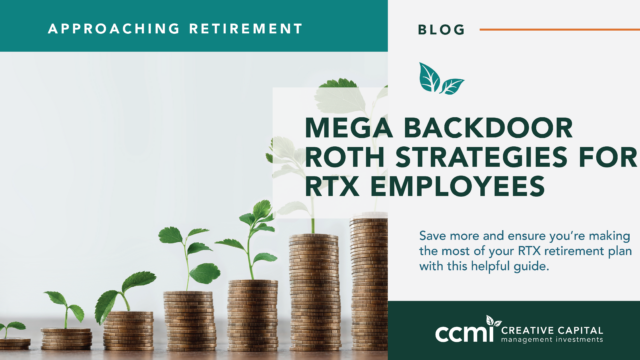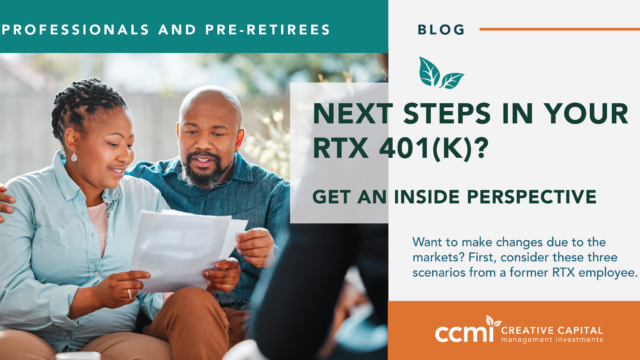Your success as an investor can be linked to your behavior as an investor. Success isn’t always based on picking the right stock, bond, region, sector, or strategy. Being aware of the behavioral influences on your decision-making process often has just as much impact on the investment outcome.
Due to the recent market volatility, we are sharing six types of behavioral influences that may be impediments for investors.
- Overconfidence can leave investors prone to overestimate the accuracy of their predictions. This behavioral bias may be especially relevant after a period of tremendous market growth like we saw in 2017. Overconfidence leads investors to not place enough emphasis on what could go wrong. Investors may believe current market conditions will continue in-line with their past success. This could potentially lead investors to take additional risks, exposing their portfolios to a greater loss in the event of a market correction.
- Familiarity Bias refers to behavior where you prefer investments that are familiar to you. Investors tend to like to own stocks that are part of their everyday lives (think Apple or Google), that are associated with their place of employment, or those that may be in the news due to recent success. They may give bias to a certain segment of the market such as having only U.S. stock and leaving out international stock as part of the portfolio. Investors must be cautious not to develop an emotional attachment to their holdings or think that because it seems like a great product or service that it must also be a good investment. This bias can cause investors’ portfolios to become over exposed to certain holdings that carry additional risk they may not anticipate.
- Loss Aversion means that investors are more emotionally affected by losses than gains. Investors are less excited to see their portfolio go up than they are anxious when their portfolio balance goes down. This can lead to investors holding on to losing investments for too long in hopes the investment recovers or they may avoid making a sound investment because they are afraid it might lose money.
- Information Overload refers to the fact that investors now have access to an incredible amount of information – maybe even more than they can process. This abundant amount of information could lead investors to seek quick, simple answers to their investment needs. Having the quick and easy portfolio may not fit your needs or be the most efficient use of your funds. Investors need to be able to piece together the information that is available without getting overwhelmed by the volume of data or hire professional advisors who can help them analyze all of the available information to help meet their needs.
- Herding is the effect that leads investors to make decisions that are in-line with those around them or with a large group of other investors. This often occurs when investors hear about the next hot stock (or a new investment strategy) and they jump into the new investment without doing their own due diligence. The herding effect limits an investors’ independent decision-making abilities and causes investors to make decisions based what they hear others are doing.
- Anchoring is when an investor holds onto an idea or strategy for too long, even when they are presented with new information. They hesitate to make a strategic change or update to their portfolio even though information may dictate that a change is needed. Anchoring leads to portfolios that are stuck in their ways and may not be as flexible as they need to be in the everchanging landscape of investments.
Being aware of different biases and tendencies may help you to spot these behaviors before they become a detriment to your portfolio. Also, knowing your behavioral biases can help you monitor your own decision making process. CCMI regularly helps investors navigate these impediments and helps them make decisions based on their goals and portfolio needs. If you relate to any of these behavioral influences, give us a call to chat about how we can assist you.
CCMI provides personalized fee-only financial planning and investment management services to business owners, professionals, individuals and families in San Diego and throughout the country. CCMI has a team of CERTIFIED FINANCIAL PLANNERTM professionals who act as fiduciaries, which means our clients’ interests always come first.
How can we help you?






